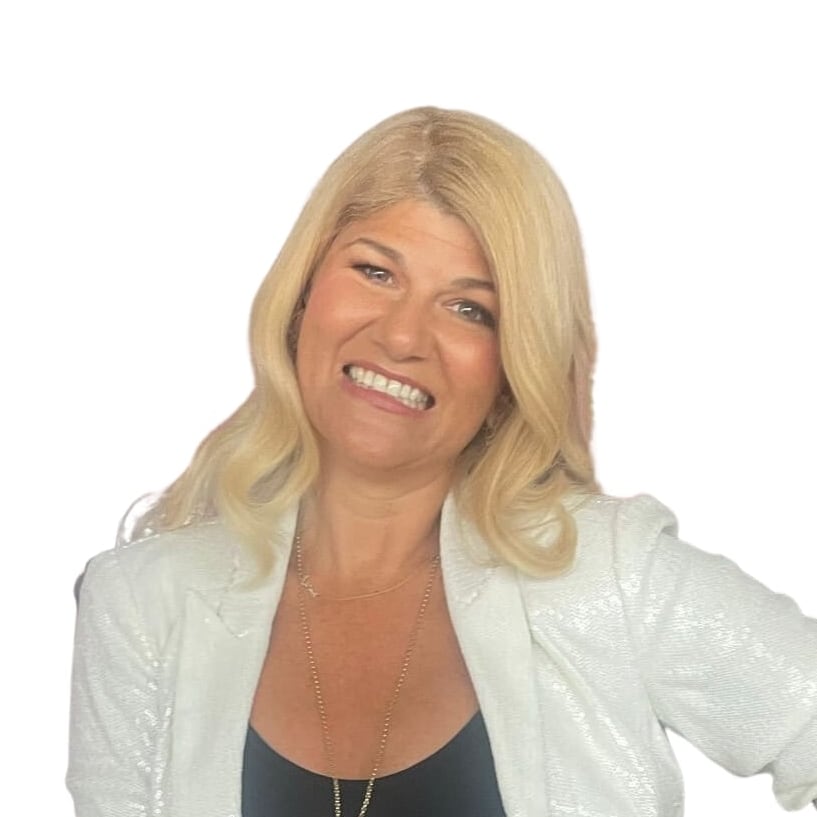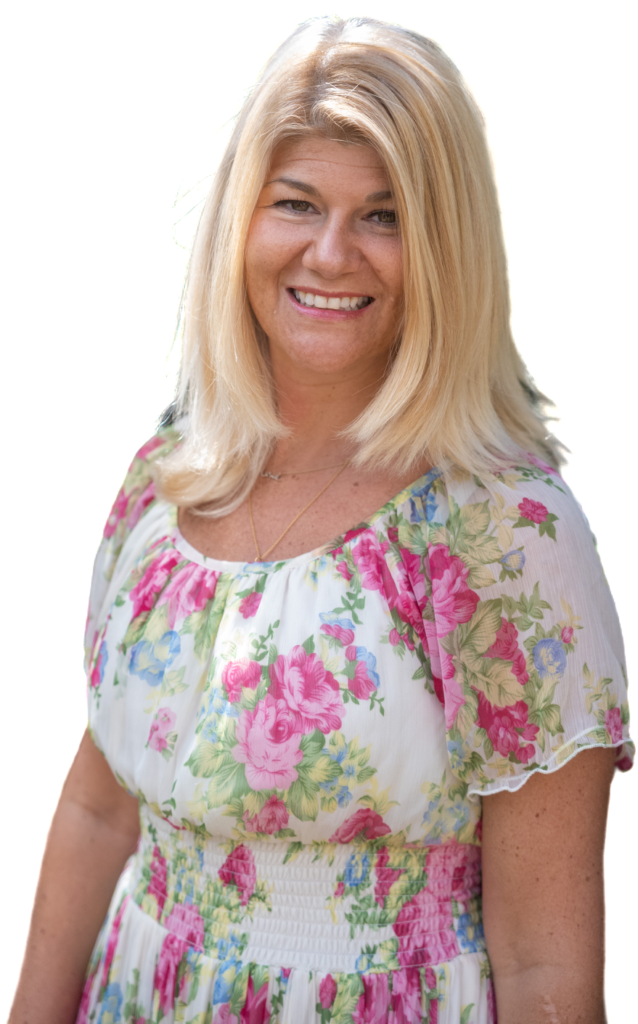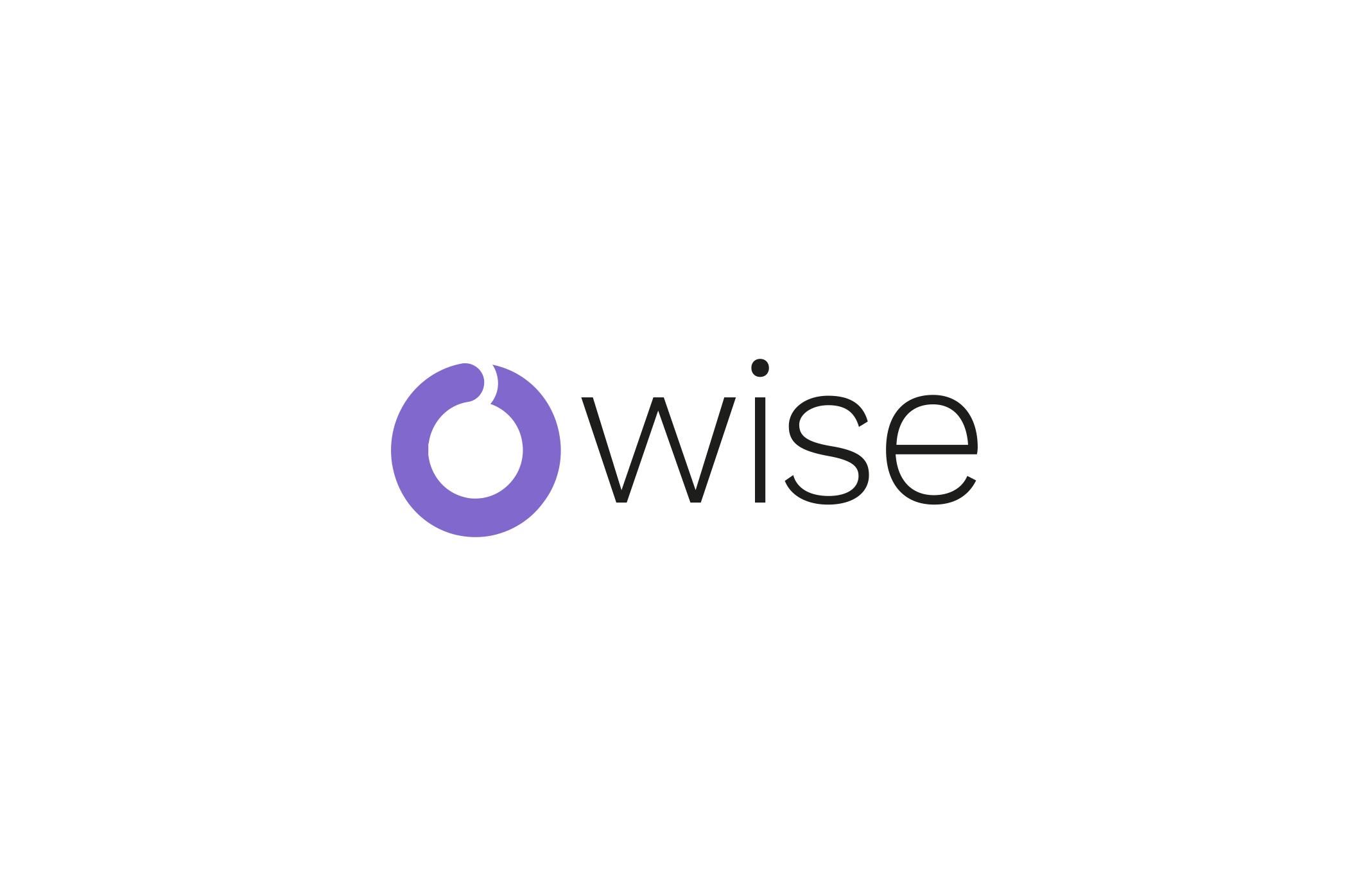
So, you’ve finished treatment for primary breast cancer, you’ve rung your bell, and hopefully you’ve been told that you are cancer free. A huge milestone moment! But what now?
After 15 months of having my life completely turned on its head, with medical teams constantly around, 16 rounds of chemotherapy, 19 immunotherapy infusions, a radical double mastectomy with reconstruction using my tummy tissue, and 3 weeks of radiotherapy, I was being told to go on my merry way. I would see my oncologist every 3 months for follow-ups and a yearly scan with my breast surgeon, but otherwise, I was signed off by my team and told I was well.
You would think this all sounds amazing, which it was in so many ways, but why was it not feeling amazing? In this blog, I’m going to look at why finishing treatment can be one of the hardest parts of a breast cancer diagnosis and how I went about picking up the pieces and working out who I was since hearing the words ‘You’ve got Breast Cancer’.
Looking very different, feeling very different, now was the time to process the past year and a bit. To face the PTSD (post-traumatic stress disorder) that I was left with. Now I was in No Man’s Land. No treatment left but unable to return to who I was before hearing the dreaded C word. Now was the time to do the work to heal and to assimilate all of the experiences into who I now was, moving forward, one tentative step at a time.
1. Find your support
During my treatment I felt very supported, even though most of it was during a global pandemic. I felt held by the medical teams and checked in on by family and friends. I felt like a patient for a very long time, and I felt focused on the job at hand: getting through all the treatment and surgeries.
When treatment finishes one of the main reasons it can feel like No Man’s Land is that support starts to look different. You no longer have the constant medical check-ups (although I still had quite a few, in truth, as I had issues with my heart and thyroid so was under a few medical teams for a while yet!). That held feeling by a team of people on your chemo unit disappears as you ring your bell and leave the ward. Although I felt over the moon to no longer be having chemo or immunotherapy, I missed these people I had grown to love and see regularly. They had become very close to me, and I think in a very strange way, there was a bit of a grieving process to no longer seeing them. It was a bizarre paradox as I didn’t want the treatment and yet missed those that administered the treatment.
Then there is also the fact that friends and family so desperately want to put a lid on this chapter. It is traumatic for everyone involved, and so it can feel like I was a burden when I didn’t feel as celebratory as they might have wanted or had fears that I needed to work through. I also didn’t feel like I could share my fear of recurrence or talk about dying, which was something I was thinking about a lot. I would think often about how if my cancer returned I could die very quickly.
For me, finishing treatment is when I really sought a lot of solace in the support from the online community, from speaking regularly with an oncology counsellor who helped me to make sense of everything I was feeling, and from charities such as Future Dreams and events like Cancer in Common. I started to find my cancer tribe. People who understood that things could and would never be the same after my diagnosis and held space for the pain because they understood it too. They are also an incredible community who are not afraid to talk about dying. Something I really needed to do. Talk about it and make peace with it in order to fully live free from fearing it. This was a huge step in my healing.
I think it is an important step in healing after treatment to find support in whatever form that comes in for you.
2. Heal from your trauma
Cancer is a trauma. The reason I felt so broken at the end of treatment was partly because of standing still long enough for the trauma train to hit with such a huge impact. Trauma can be helped in all manner of ways.
After finishing treatment, I did some powerful trauma healing using Subconcious Reprogramming (which is a bit like hypnotherapy which I have had in the past for anxiety, but for me this time it was more instant!) and tapping which again can help you feel more grounded instantaneously1. EMDR (eye movement desensitisation reprocessing)2 has been cited as a powerful trauma tool, and hypnotherapy3 if you are feeling particularly traumatised by one element in particular and want to hone in on healing that.
I really recommend giving your trauma the time and energy it deserves to heal, so as not to get stuck by the past but able to start to let go and move forwards towards a hopeful future. Therapy can really help too and is a valued tool I have used at various difficult times throughout my life. It is massively helpful to have that extra support in helping you heal after such a deep trauma.
3. Empower your fears
Finishing treatment for Primary Breast Cancer left me feeling very fragile and at times paralysed by the fear of a recurrence. Being TNBC (triple negative breast cancer) I knew the facts – if my cancer returns there are not enough options. If it returns it will return sooner rather than later usually. The fear kicked in. But I knew that after everything I had gone through, I did not want to let the fear of my cancer returning stop me from living.
Ultimately, having breast cancer had given me the deepest appreciation for the beautiful minutia of life and I had fallen in love with the possibility of getting to live. So I made a conscious effort to empower my fears. To know the signs and symptoms of secondary breast cancer. To know my new normal.
“I tracked any new niggles or symptoms I was feeling in the OWise App. If anything persisted for more than 3 weeks, I knew to speak with my team and ask for a scan. I have had brain scans and breast scans to check changes since finishing treatment, and although these scans are triggering, I feel a strength in knowing that I am on top of any changes in my body.”
I know it can be tempting to bury our heads in the sand after a primary diagnosis, but I really would implore everyone to familiarise themselves with secondary breast cancer. For the key signs to look out for, take a look at the infographics made by ABC diagnosis4.
In the words of Mark Twain, “I have spent most of my life worrying about things that have never happened.”
I hold this quote close, reminding myself that overly worrying about my cancer returning will not change this happening. And I’d rather focus on living my life than worrying about the things I cannot change.
4. Give ‘time’ time
After feeling so unwell for so long, it can be hard to hear this, and patience might not be your forte, but time is a healer. After months of powerful treatment and surgeries it takes time to feel stronger physically. With physical strength will come a trust in your body again, and in turn, less fear. I used to think there would not be a day I didn’t think about cancer. This is true, because I have scars that I see every morning, but it does not carry the weight it once did. I don’t think of it and feel weighed down by the fear of it. Instead, it gives me a confidence to remember all I have overcome and I think of it as something that has shaped me into the person I am today, and that is someone I am proud of.

5. Process your grief
You have to give yourself time to grieve, and grief has no time limit. If someone you love dies, you are not expected to forget that person or to move on. You are allowed to grieve. You are shown compassion. You are encouraged to carry them with you. I believe the same can be said for getting cancer and grieving the person you were. Once the rollercoaster ends and you are abruptly thrown off the treatment train, the real grieving begins.
One of the techniques that I find helps so much to process my grief, whether that is for my body, or the me before getting cancer, or for any dreams I can no longer make possible such as another baby, is to write letters. To write letters and cathartically express myself. To get it out. To keep them or to burn them to release the hold the grief has over me and allow it room to be expressed. To give yourself compassion and grace that what you have faced is a huge trauma and grief and needs time to work through.
6. Allow time to adjust
There is a very huge adjustment period after treatment finishes. You may look totally different with hair loss and weight changes. You may have had breasts amputated or be in the surgical or medical menopause. You may be on further treatment for years that will bring with it its own side effects. Coupling all of this with fear of the cancer returning and other longer term side effects, such as lymphoedema and neuropathy, it can be incredibly hard to know how to come back and learn to trust your body again.
For me, doing something totally out of my comfort zone and signing up to trek the Scottish Highlands with Coppa Feel was a huge turning point for me with this. Learning to trust my body again and know that I can achieve something so physical as trekking 100km 6 months after active treatment finished. Getting to do this alongside others that experienced the horrors of breast cancer helped me to find a tribe of strong women. To feel confident again. To feel like life after cancer could be joyful, playful, empowering and magnificent. And to raise awareness for a charity that is the reason I knew to get my swelling under my armpit checked out gave me a purpose and a focus.
My hair also started to grow back exceptionally curly! It had always been curly but this was next level curls. Learning to work with my new chemo curls became a lesson in the curly girl method. Who knew the art of curls was such a process in itself? I started to play around with my style and embrace the change. None of this came easily, and I couldn’t wait for my hair to get back to pre-cancer length. But as it grew, I did too with a shift in perspective. Cancer had changed me and this adjustment period made me realise that it was alright. I could come back stronger than ever before. I see life now as BC and AC – before cancer and after cancer. There is no going back but there is moving forwards one step at a time, befriending the new version of me.
7. Embrace the phoenix rising from the ashes
This is the juicy wonderful part. When you can start to feel you again, but a different version of you. An empowered you. You have faced breast cancer and you have come through it. You have found your support, you have worked on your trauma, you have empowered your fears, you have given ‘time’ time, you have grieved, and you have adjusted to your new normal. To rise from the ashes as the most incredible phoenix after breast cancer will be individual to each person reading this blog. What helps you will be personal.
Below is a list of some of the things that helped me to feel confident again. To feel empowered. To start to live my life free from fear. They also helped me to focus on the shift in perspective cancer had given me. And whenever I am feeling wobbly, such as around scans when the scanxiety can kick in, they help to ground me back again. They are my tools that I keep close. They are what I keep in my pocket full of love. They help me to live life after breast cancer with resilience. I hope you can find some solace with them too.
- Daily Affirmations in the Morning
- Creative Visualisations in the Evening
- Time in nature connecting back to the magic and beauty that is everywhere
- Meditation and taking time to pause and be present
- Breathwork
- Practicing Gratitude and thanking my body daily
- Journaling
- Cold water Therapy
- Healthy eating/mindful drinking
- Small shifts in mindset with reframing of situations
- Cultivating compassion for myself and others
- Getting a good night’s sleep
- Supplements to help with the surgical menopause and side effects from treatment
- Adventure/living list which connects me back to joy and play and achieving my own personal hopes and dreams – anything is possible
“Great things are done by a series of small things brought together” – Van Gogh
Sending you all so much love and strength as you navigate life after cancer. You have survived. Now it is your time to thrive.
References
1. Clond M. Emotional Freedom Techniques for Anxiety. The Journal of Nervous and Mental Disease. 2016;204(5):388–395. doi:https://doi.org/10.1097/nmd.0000000000000483
2. Cleveland Clinic. EMDR Therapy: What It Is, Procedure & Effectiveness. Cleveland Clinic. 2022. https://my.clevelandclinic.org/health/treatments/22641-emdr-therapy#:~:text=What%20is%20EMDR%20therapy%3F
3. NHS Choices. Hypnotherapy. NHS. 2019. https://www.nhs.uk/conditions/hypnotherapy/
4. ABCDiagnosis. SBC Infographics. ABCDiagnosis. https://www.abcdiagnosis.co.uk/resources/infographics/
